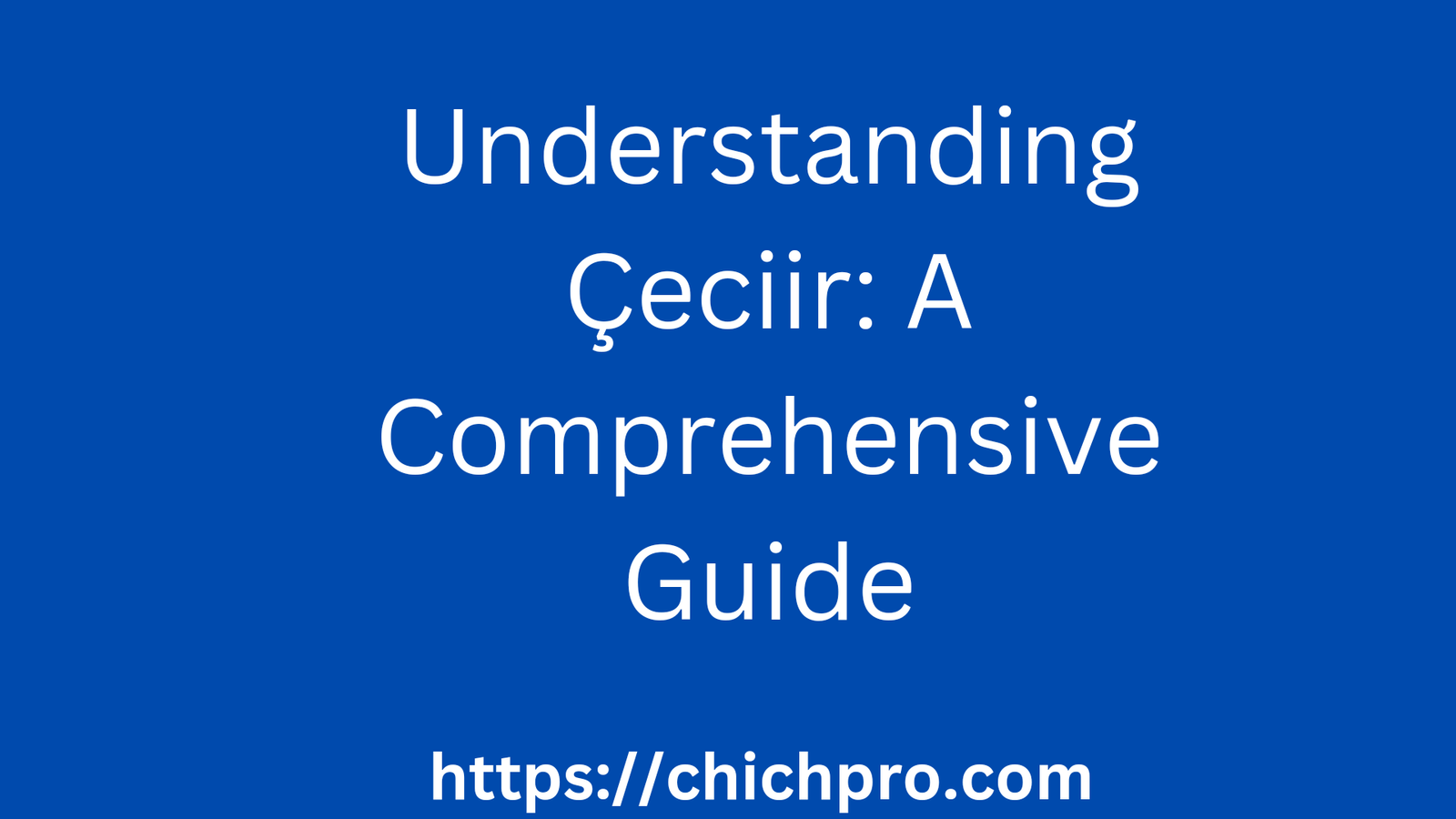Overview of Doctoral Programs
A doctor of philosophy, or PhD, is the highest honor in academia. It’s a dedication to expanding the body of knowledge in your chosen subject, not just another degree. A PhD gives you the skills you need to make a big impact, whether you’re researching philosophical issues or discovering medical breakthroughs.
Why Get a PhD?
Have you ever had a strong urge to advance your field or find a solution to a mystery? A PhD is useful in this situation. It is intended for people who are passionate about learning and driven by curiosity. A PhD opens access to advanced career opportunities, such as academia, research, and leadership roles in industries, in addition to providing personal fulfillment.
Qualifications for PhD Programs
Most universities demand a master’s degree in a relevant discipline before allowing students to pursue a PhD. Excellent applicants with a bachelor’s degree are accepted into some programs. A compelling research proposal and recommendation letters might help you stand out in addition to your academic credentials.
How to Pick the Best Doctoral Program
Selecting the appropriate program is essential. Examine the resources, faculty experience, and reputation of the university. Above all, be sure the program fits with your research interests. An encouraging boss can have a huge impact on your path.
The Procedure for Applications
Although the application process may seem overwhelming, being prepared is essential. Academic transcripts, results from standardized tests (such as the GRE or TOEFL), and a well-written research proposal are typical prerequisites. To make your statement of purpose stand out, emphasize your potential and passion.
Scholarships and Funding
Although a PhD can be costly, there are frequently research assistantships, grants, and scholarships available. Seek out grants or scholarships from public and private institutions that are particular to your university. Make sure your application highlights both academic merit and financial necessity.
Structure of a PhD Program
The majority of programs include coursework, thorough tests, and a unique research project. A dissertation that advances the field’s understanding is the ultimate aim. This multi-year process requires tenacity and commitment.
The Supervisor’s Role
Throughout the PhD, your supervisor serves as your mentor. They support you through difficulties, offer criticism, and aid in the improvement of your research. Establishing a solid, open line of communication is essential to success.
The difficulties of There are challenges
associated with pursuing a PhD. There are many difficulties, ranging from writer’s block to financial difficulties. However, these obstacles can be successfully overcome with perseverance and a network of support.
Managing Life and PhD Obligations
Finding a balance between personal life and research is difficult but necessary. Time management strategies, such as prioritizing activities and establishing boundaries, can have a big impact.
Research Publication
It’s crucial to publish work in respectable publications while pursuing your PhD. It opens up networking chances and raises your academic profile. When writing, always strive for uniqueness and clarity.
Career Routes Following a PhD
The days of PhD holders being restricted to academia are long gone. They now spearhead innovation in fields including education, healthcare, and technology. Some even start their own businesses.
PhD and Individual Development
The PhD program develops resilience, critical thinking, and problem-solving skills. It’s a voyage of personal development that goes beyond academics.
Success Stories
Numerous PhD holders have impacted the globe, from industry pioneers to Nobel laureates. Researchers of the future are inspired by their tales.
In conclusion
A PhD is a life-changing experience rather than just a degree. It pushes you to think critically, put in endless effort, and be bold in your innovation. Although it’s not for the weak of heart, the personal and professional benefits make the effort worthwhile.
FAQs
Q1.How much time does it take to finish a PhD?
Depending on the area and extent of the research, most PhDs take three to seven years.
Q2.Can I work part-time on a PhD?
Indeed, a lot of colleges provide working professionals with part-time possibilities.
Q3.Is it worthwhile to pursue a PhD?
Your objectives will determine this. It’s priceless for people who are enthusiastic about research and information advancement.
Q4.During my PhD, do I have to publish papers?
Although not required in every school, publishing greatly raises your academic profile.
Q5.Can someone without a master’s degree pursue a PhD?
Although it’s less usual, some colleges provide direct admission to a PhD program from a bachelor’s degree.





